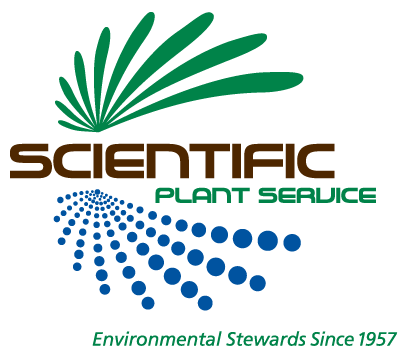
Learn more about the best nutrient levels for your soil.
Maryland’s Nutrient Management Regulations require applicators to obey fertilizer application restrictions, observe fertilizer blackout dates, use best management practices, and follow University of Maryland recommendations when fertilizing lawns. Nitrogen applications are restricted to the growing season, March 1 to November 15, and nutrient application rates are limited. Phosphorus applications are limited to soils that have been tested and found low in this nutrient.
Virginia has similar recommendations and encourages nutrient applications that help protect its water resources.
Any soil nutrient deficiency becomes the weak link and prevents your lawn and landscape plants from growing to their healthiest potential.
pH is a measure of the soil’s acidity level. Essential nutrients are most available, and turfgrass grows optimally at a pH of 6.5 to 6.9, which is slightly acidic.
The primary macronutrients are Carbon, Oxygen, Hydrogen, Nitrogen, Phosphorus, and Potassium. The secondary macronutrients are Calcium, Magnesium, and Sulfur.
Chlorine, Iron, Zinc, Manganese, Boron, Copper, and Molybdenum are micronutrients. It is rare to find a deficiency of these nutrients in our soils.
Carbon, Oxygen, and Hydrogen are supplied by water and air. The soil provides the rest of the macronutrients.
Nitrogen is a component of proteins, amino acids, and chlorophyll. It is needed for cell formation.
Phosphorus promotes rooting and seedling development. It is essential for cell formation and protein synthesis.
Potassium is important since it positively affects drought tolerance, cold hardiness, and disease resistance.
Calcium is required for cell division and is essential for cell membrane permeability. Calcium is also present in the middle lamella, acting as a glue to hold cell walls together.
Magnesium is an essential constituent of chlorophyll, acts as a carrier of phosphorus, and activates plant enzymes for carbohydrate and phosphate metabolism.
Sulfur is an essential nutrient element for plant growth. It is a constituent of some of the amino acids and thereby becomes part of many plant proteins. It is also involved in activating certain enzymes. Soil sulfur levels have dramatically declined since the Clean Air Act was enacted and reduced the sulfur levels in the air.
You can count on Scientific Plant Service’s Professional Nutrient Applicators to analyze your soil and determine a nutrient management plan to make your lawn and landscaping healthy and strong.

